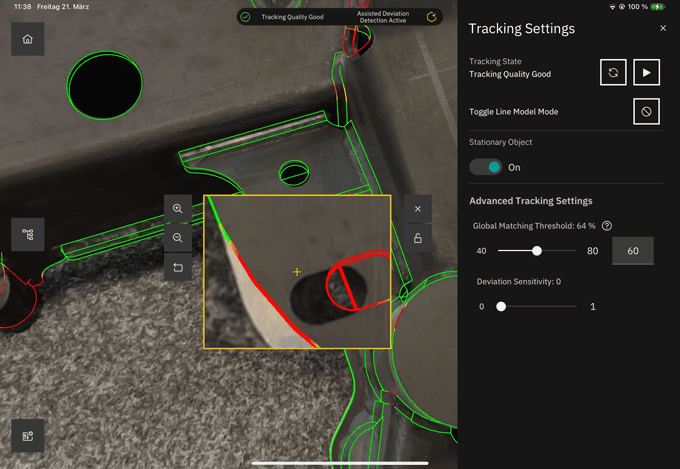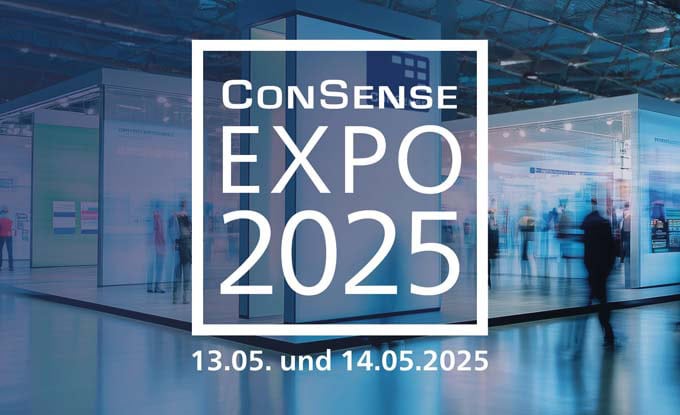Digitization Monitor 2019 addresses federal elections
In the run-up to the federal elections on 20 October 2019, Swico, the business association for digital Switzerland, is launching the "Digitisation Monitor 2019" in collaboration with the online election aid "smartvote" and the Bern University of Applied Sciences BFH, as well as in cooperation with the Universities of Zurich and Geneva.

The Digitisation Monitor 2019 is intended to help put the important future topic of digitisation on the election campaign agenda and to raise awareness of it among candidates and the electorate.
Hardly anyone can estimate what consequences the application of artificial intelligence, extensive networking, Big Data linking and robotisation will have for our lives. And yet politics must already provide the right answers to the digital challenges today: As researchers, entrepreneurs, consumers and citizens, we expect the new parliament to make decisions that will shape the future of Switzerland.
Ahead of the 2019 elections, however, a double information deficit looms:
On the one hand, the new members of parliament will come into contact with digitalisation issues that they have never thought about before. On the other hand, voters will be in the dark about the candidates' and parties' stance on major digitisation issues before casting their votes.
Thanks to the online voting tool "smartvote", the electorate knows quite precisely what the candidates think about many conventional issues. However, the standard questionnaire of "smartvote" offers too little space to adequately reflect the meta-theme of digitalisation.
The new digitisation monitor is intended to provide clarity:
In order to remedy this lack of information, Swico, the trade association of the ICT and online industry, is launching the Digitalisation Monitor 2019 in collaboration with the BFH Centre "Digital Society", the "Digital Society Initiative" of the University of Zurich and the "Institute of Information Service Science" of the University of Geneva: this captures the attitudes and positions of candidates on the key dimensions of digitalisation and thus creates a "digital profile". The survey will be conducted on the platform of the online voting tool "smartvote".
As of now the answers are collected
With the participation of the associated digitisation communities, a questionnaire was drawn up which has been available in German, French and Italian since mid-June. All candidates who complete the classic, broadly themed "smartvote" questionnaire are explicitly referred to the free additional survey on digitisation. In this way, candidates can make their positions on various dimensions of digitisation known and make their attitude transparent to the public. The questions of the Digitization Monitor 2019 thus make it possible to create a "digital profile" that illustrates the affinity of the candidates to digitization topics.
The evaluation will be published in September
The results of the 2019 Digitisation Monitor will be presented to the public in September, with the aim of using them to help raise awareness among the public and political parties ahead of the 20 October elections - and beyond.









